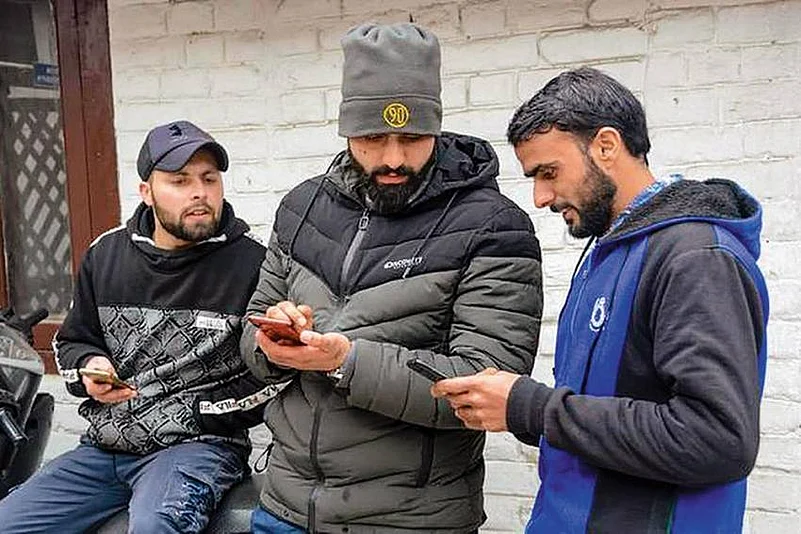In a fresh order, the Jammu and Kashmir government announced the continuation of 2G internet services in the Valley. The government has decided to continue with the low-speed internet citing a series of reasons including the ongoing District Development Council (DDC) polls.
The order, issued on December 11, said low-speed internet would continue due to “likelihood of misuse of the data services by anti-national elements to disrupt the democratic process by creating fear among the voters, carrying out attacks on security forces, targeting contesting candidates and the workers.”
The government also said in view of credible inputs and as a matter of abundant caution, the access to the internet had to be restricted on the day of poll in the areas going for polls.
The government has also argued that “there have been continuous attempts to radicalize the youth through multiple methods, most importantly through video using social media, which rely on high-speed internet for easy dissemination of such material.”
The Jammu and Kashmir administration has ordered the continuance of 2G internet services through a series of orders citing apprehension about the misuse of high-speed internet. This time the government cited the district development council polls as an example.
Since the start of DDC polls, which are being conducted in eight phases and will end on December 22, the government has been snapping the internet in polling areas. In the fifth phase of the polls, the government suspended internet in south Kashmir’s Anantnag, Shopian, Kulgam and Pulwama districts.
Early this year, the Jammu and Kashmir government invoked the “very peculiar geopolitical position of Jammu & Kashmir and its geographical proximity with Pakistan” in the Supreme Court as one of the arguments not to restore high-speed internet in Jammu and Kashmir. In its defence, the government also quoted Professor of Law and Public Policy, Pepperdine University, Gregory S. McNeal as saying “terrorist organisations have also begun to employ websites as a form of information warfare”.
It had earlier also said that the right to access the internet is not a fundamental right. In the fresh order, however, this argument is missing.
On August 4, 2019, a day before the BJP government revoked Article 370 of the Constitution and bifurcated Jammu and Kashmir into two Union Territories, the government imposed a communication blockade. Gradually, the government restored communication but internet service was restricted to 2G low-speed connectivity only.
















